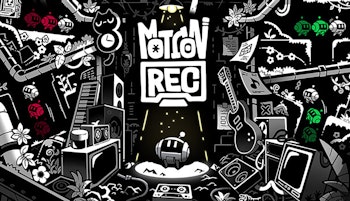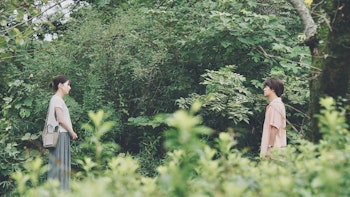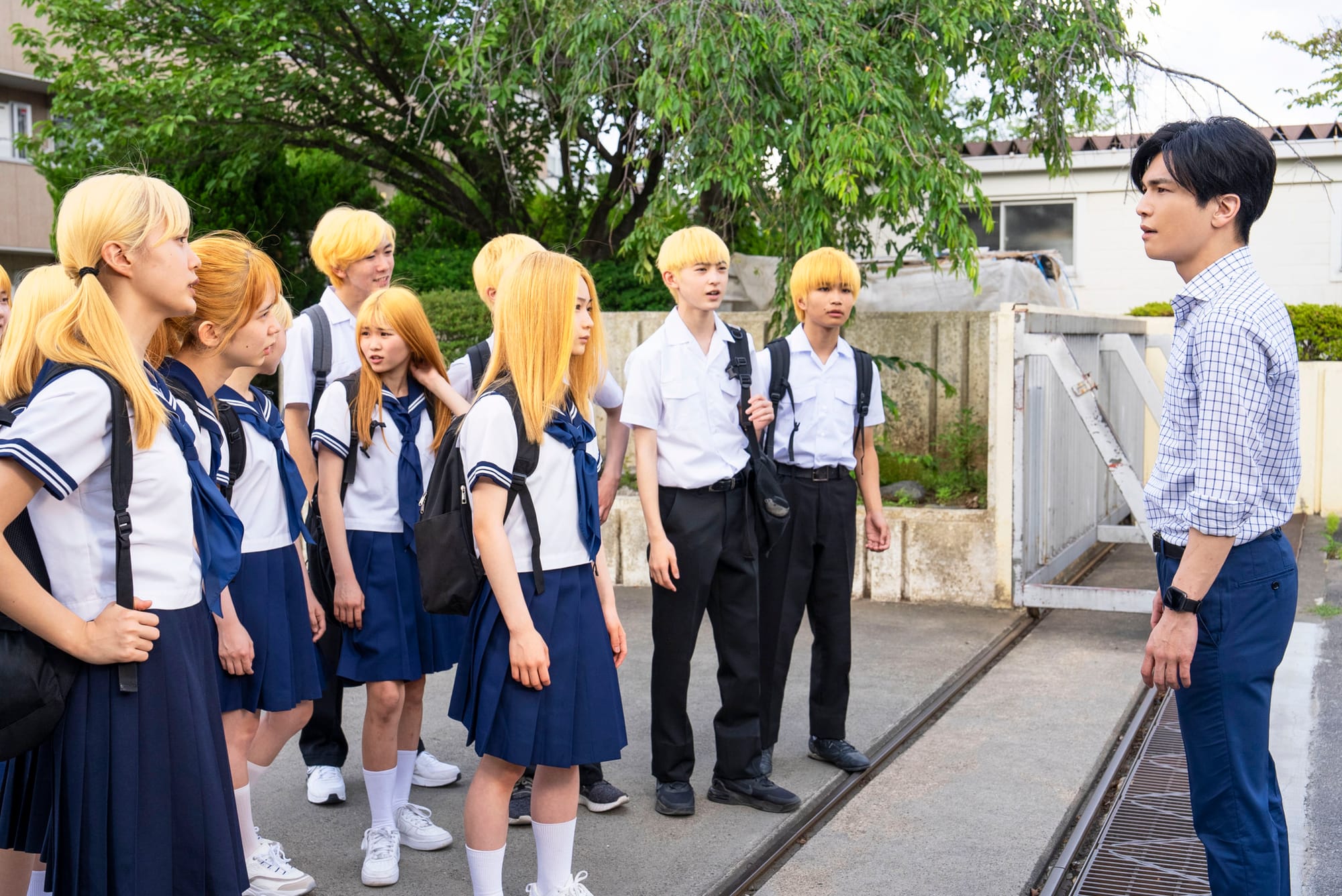
People think Japan is simply a country strict about rules and behaving in a particular manner, but that’s not necessarily the whole story. There are many occasions where all parties in a conflict between desires and the established rules may disagree with the idea and letter of what is expected of them, but the idea that such a disagreement will lead to both parties agreeing to do away with that system is not going to happen. Simply put, the potential pushback for acting alone, and the effort necessary to actually change the rule, means that no matter if it makes everyone unhappy, the rule will remain. That’s not exclusive to Japan, but it is highly prominent here.
So you can see why Blonde, the second movie in quick succession that also premiered at Tokyo International Film Festival from Yuichiro Sakashita, works in turning a bizarre concept into a biting and modern social commentary.
It all begins rather suddenly. One child breaks the social taboo of school by walking in having dyed their hair blonde. Then there’s another student. And another. Soon a whole class has done it, and the the teacher of the class, Ichikawa (Takanori Iwata of LDH boy band J SOUL BROTHERS III), is caught in the middle of it. To him it’s an inconvenience - he used to complain about the class rules but it never did anything, it was a disruption, and the unity of following the rules and moving on was more important. He’s a cool teacher, obviously, young and totally in touch despite absolutely turning 30, but he also thinks this is childish. He lets us know, a lot, over narration. And when the class insists on keeping going with their protest, particularly the usually-reserved inciting force of this chaos, Ita Midori (Tamaki Shiratori), it becomes a national story.
The idea behind the film has been a hot-button issue in Japanese politics for a number of years. So-called “black regulations” have been repeatedly called out nationwide for how they police the ways in which students can express and dress. The insistence of black hair or even the color of underwear are perhaps the largest examples, but also comes down to the gender segregation of school uniforms. This has begun to change, with many schools instituting gender-neutral uniforms for non-conforming children or those who simply wish to wear a skirt as a guy or trousers as a girl, on top of so-called underwear color regulations and more extreme rules being dismantled as outdated.
The idea behind “black hair” has had more pushback. For most Japanese people, black hair is simply natural, and the idea behind the rule is that unnaturally dyed hair and hair that stands out compared to classmates even subtly could be a distraction. Schools don’t want red hair or green to become a norm, but it also factors into brown hair or subtler shades. Thing is, especially with growing diversity in Japanese youth, this, too, is being challenged. Not just by those who wish to express themselves rather than conform, but by mixed-kids where brown may simply be their natural, and these outdated rules are inversely requiring they dye their hair in order to conform.
What does it mean to conform, to follow rules, and where does that inhibit the idea of unity and cohesion and the positive environment these supposedly exist to support? Why do we need to police people this strongly? Could a more open society and view on the rules that looks less on dictating the norms and instead collaborating and adapting it make people feel more involved?
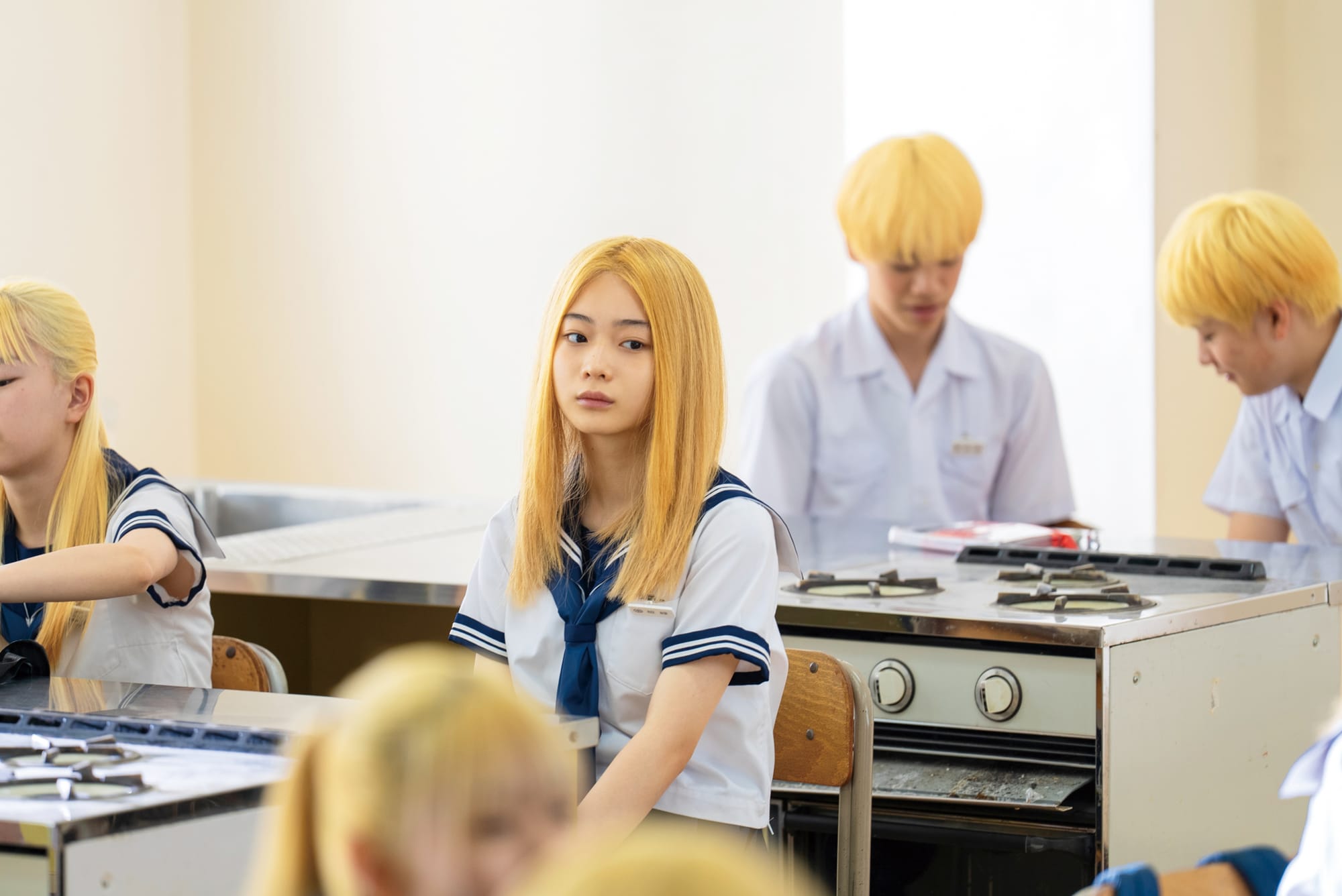
These are the ideas that Blonde embodies in a surprisingly-complex manner, the narrative-heavy storytelling through the perspective of Iwata’s character. He’s a teacher in the system that isn’t always just in ways he’s more than open to acknowledge in his internal monologue, but that doesn’t mean he supports change. There’s Japanese bureaucracy, for one, and all the many meetings and consultations that are required for even a minor rule change to go through the management and become a reality, something he’ll be forced to deal with, and then there’s the enforcement and establishment of it. Especially if it’s not a major concern, it’s more hassle than it’s worth, and there’s the fear that bending to such a change makes future change and the concept of authority being correct fall under threat.
This is the worldview that Ichikawa has unwittingly come to embody as he lost his youth and viewed his duty to be to guide the youth of today. But society has changed a lot in that time. Social media, for one, can turn any minor story into a major issue, as occurs when the blonde hair incident becomes commentary on the news and then social media. Even the processes can’t keep up as the incident becomes trend fodder and a political football with far more influence on the policy that forgets the people in the middle. Despairing over the changing time isn’t making him any younger as much as he acts it, a point that even annoys his long-term partner as he prefers drinks with friends and despairing over not following the latest anime to commitment.
The social commentary comes in determining whether these rules are truly just, and it’s here the film mostly succeeds at this task. The film’s shared respect for both sides, authority and teenagers in drift looking to assuage an influence on an uncertain world, actually plays into the welcome change of pace in the latter half as the egotism of its early stages paving the way for this conflict come home to roost.
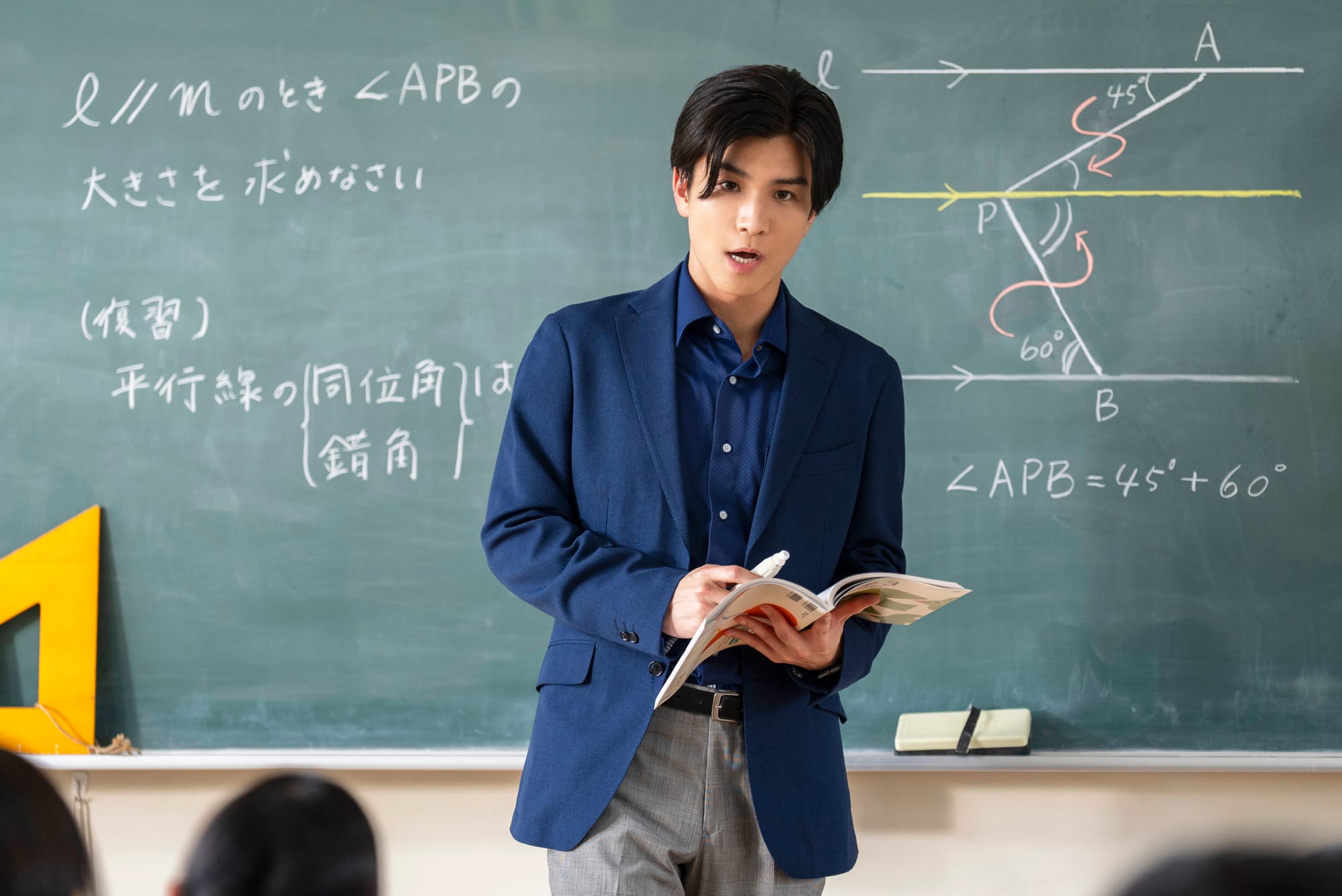
What could have been an ordinary observation succeeds through its love-it-or-hate-it narration, which provides a commentary for the dense school regulatory politics of it all as well as provide a barometer for the empathetic way to which enough noise can move a soul to go beyond the expected unchanging rules to make actual change. He’s not exactly a likable character, but he’s an interesting foil to the students and a source of some genuinely-funny comedic highs, which is more important.
Getting old is something no one can escape, but avoiding merely acting young and ignoring that process in place for seeing equal and truly listening rather than assuming what’s best is the message that allows Blonde to feel like genuinely-incisive critique on the youth of today rather than an older man shouting at the clouds. Whereas many similar stories can feel devoid of contemporary incisiveness or guilty of the exact crime of pretending to listen while failing to change that this skewers, Blonde feels like it genuinely understands the concerns of these rules, the need for them to adapt to a changing Japan that’s more diverse and expressionist than ever, and recognizes the harm that can come from ignoring it altogether.
Blonde is not conforming to authority or being the two sides that see the flaw and refuse to change anything. It’s actually recognizing and making a difference, and changing minds for both its characters and audiences alive. That matters.



